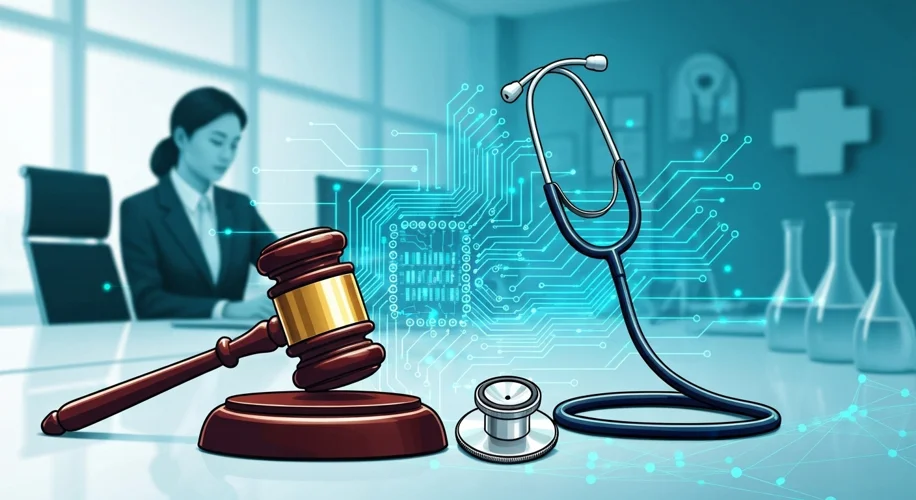The world of high-paying, traditional professions like law and medicine is facing a new reality, and it’s being shaped by generative AI. Just recently, the founder of Google’s Generative AI team made waves by suggesting that prospective students might want to think twice about pursuing law or medical degrees. This isn’t about AI replacing humans entirely, but about how AI tools will fundamentally alter the nature of these jobs.
Think about it. A significant portion of what lawyers and doctors do involves analyzing vast amounts of information, drafting documents, and synthesizing complex data. These are precisely the areas where generative AI excels. AI can already sift through thousands of legal precedents or medical studies far faster than any human. It can help draft contracts, summarize patient histories, or even suggest diagnoses based on symptoms and research.
This doesn’t mean we won’t need lawyers or doctors. What it does mean is that the tasks we associate with these professions will likely shift. Instead of spending hours on research or initial drafting, professionals might spend more time on higher-level strategy, client interaction, complex ethical considerations, and overseeing the AI’s output. The value will be in the human judgment, empathy, and critical thinking that AI cannot replicate.
So, what does this mean for students and career changers? It’s less about abandoning these fields and more about adapting. Consider how AI can be a powerful tool within these professions. A future lawyer might need to understand prompt engineering to effectively use legal AI. A future doctor might need to be adept at interpreting AI-generated diagnostic reports and integrating them into patient care.
This shift encourages us to look beyond just the degree. It’s about cultivating skills that complement AI, not compete with it. Think about developing strong analytical and critical thinking abilities, excellent communication and interpersonal skills, and a deep understanding of the ethical implications of technology. These are the human elements that will remain indispensable.
From my perspective, this is an exciting, albeit challenging, evolution. It’s pushing us to redefine what expertise means in the age of AI. Instead of seeing AI as a threat, we can view it as a collaborator that frees up human potential for more meaningful and impactful work. The key question for anyone considering these fields, or any field for that matter, is how can you leverage AI to enhance your unique human capabilities?

